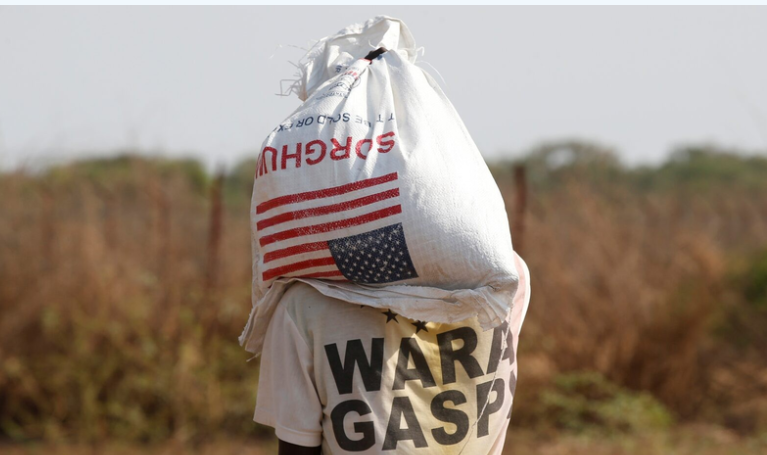
African leaders are intensifying calls for a comprehensive debt relief plan to help struggling economies overcome mounting financial pressures. Former Nigerian President Olusegun Obasanjo has urged for a collective approach to restructuring both private and official debts, arguing that high repayment burdens divert resources from essential sectors like healthcare, education, and infrastructure.
South African President Cyril Ramaphosa is leveraging his G20 presidency to push for a fairer global financial system. He and other African leaders advocate for a multilateral debt relief initiative that would allow poorer nations to redirect funds toward economic development rather than debt servicing. However, these efforts face resistance from major global lenders, particularly in the wake of the United States’ reduction in foreign aid under former President Donald Trump’s administration.
Previous debt-relief efforts, such as the G20’s Common Framework, have been criticized for their slow and case-by-case approach. Leaders are now pushing for a broader, more inclusive solution that would provide immediate relief to multiple nations simultaneously. The United Nations Development Programme (UNDP) supports such initiatives, estimating that collective relief could free up nearly $80 billion for 31 of the world’s poorest countries.
Africa’s debt burden has risen significantly, with countries expected to allocate $163 billion to debt servicing in 2024—more than double the amount paid in 2010. The high costs of borrowing, coupled with a strong U.S. dollar, have further strained many African economies, forcing governments to rely on expensive local borrowing.
Experts suggest that unlocking Africa’s domestic financial reserves—estimated at $450 billion in central bank reserves and $600 billion in sovereign wealth and pension funds—could help mitigate the crisis. However, challenges such as low savings rates and limited financial market depth make this a complex solution.
As global financial dynamics shift, African leaders continue to push for equitable debt restructuring mechanisms to ensure long-term economic stability and sustainable growth for the continent.

